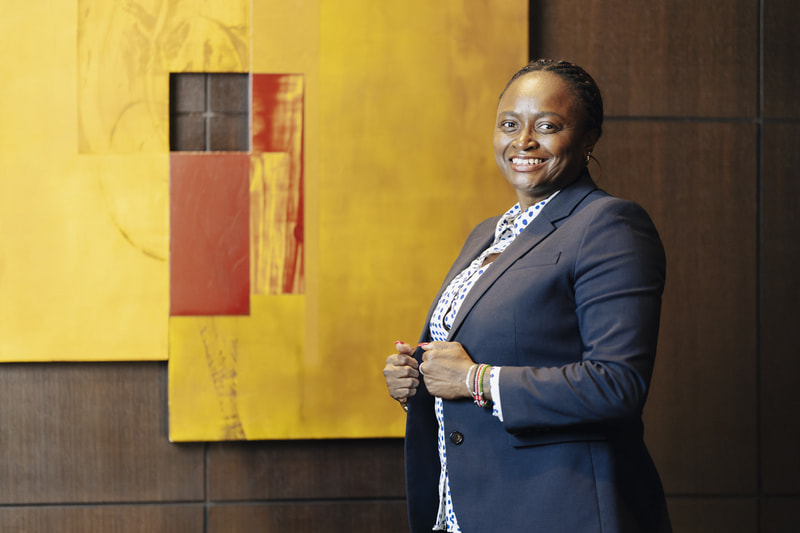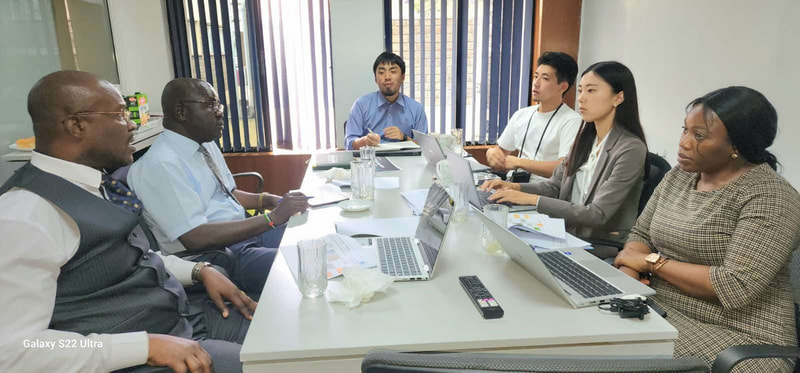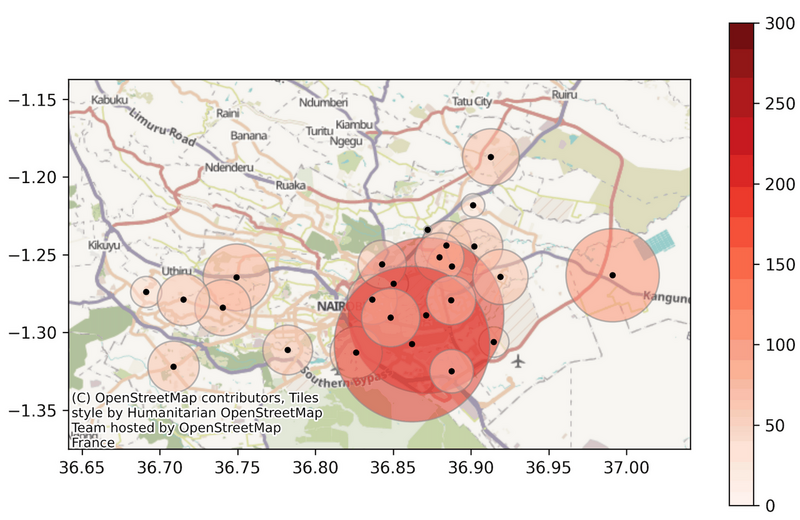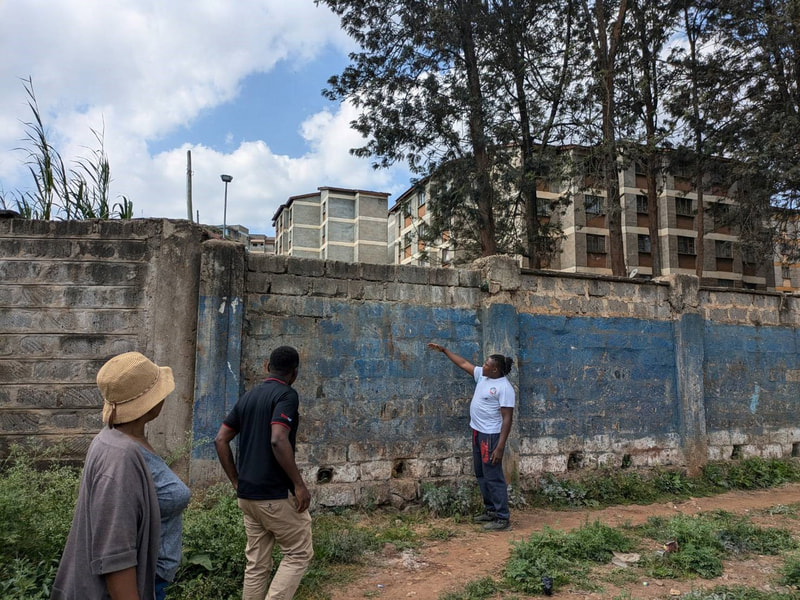
July 11, 2025
Tokyo’s Global City Network Collaborates with Nairobi on Flood Mitigation
Climate change is an issue that affects cities around the world. As temperatures rise, communities are struggling to deal with unpredictable weather including extreme downpours. In May 2025, delegates from 61 global cities gathered in Tokyo for the 3rd G-NETS Senior Officials Meeting, where this critical issue was taken up as one of the key agenda items. The meeting is a forum launched by the Tokyo Metropolitan Government (TMG) for sharing solutions to common urban challenges.
Like other world capitals, Nairobi is experiencing climate change, but it is also dealing with outdated sanitation infrastructure. Beryl Awuor Okundi of the Nairobi City County government sat down to discuss how Kenya’s largest city is tackling this challenge while benefitting from knowledge shared on platforms such as G-NETS.
Protecting public health with cutting-edge tech
Nairobi has participated in G-NETS in Tokyo every year since 2022. Like the Japanese capital, Nairobi is a large, growing metropolis built around rivers. Just as Tokyo faced the threat of waterborne diseases such as cholera in the 19th and 20th centuries, Nairobi is dealing with infectious diseases and flooding, a problem made worse by climate change.
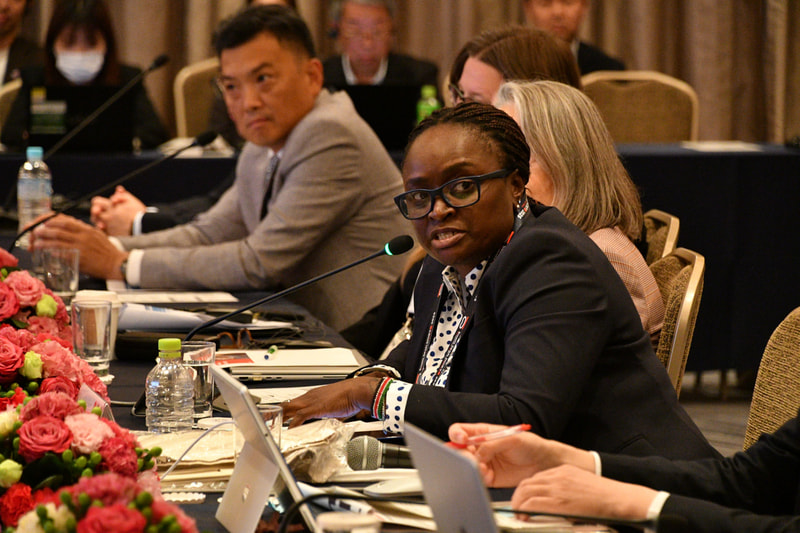
Okundi speaking on the Promotion of Culture and Sports, one of the session topics under the Promoting Well-Being category at the 3rd G-NETS Senior Officials Meeting
“For a long time, Nairobi has been using outdated drainage systems, which we now have to address. When it rains, it tends to flood,” said Okundi, Director of Public Communications for the Nairobi City County. “With climate change, the weather is unpredictable. Sometimes the long rains are short rains, and sometimes it is extremely hot when it is not supposed to be.”
Nairobi’s floods are caused not only by downpours but blockages from raw sewage and discarded waste. As a stopgap measure, the administration of Governor Sakaja Johnson has mobilized a Green Army of approximately 3,500 workers who work to clear blockages and remove waste. This has improved drainage but the city still faces the risk of flooding.
The City of Nairobi's challenges presented at the Reverse Pitch event at SusHi Tech Tokyo 2024
In 2024, Nairobi City County participated in a G-NETS Working Group Joint Project and became a target city for the Overseas Urban Challenges Course (King Salmon Project). Their presentation led to a collaboration with SORA Technology, a Japanese startup based in Tokyo and Nagoya, working with the government to improve public health in Nairobi. Combining aerial photography data with multiple AI technologies, SORA Technology is focused on infectious disease induced by flooding, and prepositioning systems of medical supplies necessary to deal with them. It has developed AI-powered predictive support systems to the damages of flooding and water-borne diseases such as diarrhea and typhoid fever. Examining climate data and infection patterns, SORA Technology can perform early detection and rapid response in high-risk areas.
Nairobi chose SORA Technology out of five companies because it had services that best matched the capital’s needs. It was supported by public sector partners such as the Kenya National Disaster Operation Centre, Kenya Meteorological Department, and Kenya Medical Research Institute to reduce the risk of waterborne diseases. The company has installed flood risk reporting systems to identify and map out hotspots that are prone to flooding during rain and storms.
“By having them in Nairobi, we’ve been able to come together with other organizations that want the best for the city in terms of building safety around disaster management, especially during floods,” said Okundi. “When it rains in Nairobi, it becomes a very big problem. This will slowly help us build better management mechanisms to prevent flooding.
“We hope to engage in many more of these partnerships, with startups coming in. I believe that for cities to grow, partnerships and collaborations must be sought. You cannot work in a vacuum. You must seek benchmarking from like-minded cities.”
Partnering with global cities to transform Nairobi
Okundi says that just as Tokyo’s infrastructure was built over decades, solutions in Nairobi will take time. Meanwhile, it is renewing efforts to market itself as a tourist destination based on the fact that it is the only city that is home to a national park with the Big Five African animals: lions, leopards, rhinoceroses, and African buffalos. At the 3rd G-NETS Senior Officials Meeting, Okundi spoke about sports and culture and their ability to transform the lives of Nairobi residents, especially youth with limited employment opportunities, as well as the city itself.
“Nairobi is one of the top cities in Africa, but we can always learn from other cities and see how we can better the lives of Nairobi residents, as well as provide a platform for the city to increase tourism and partnership levels with other growing cities,” said Okundi.
On her visit to Japan, the Nairobi representative expressed her interest in Tokyo’s infrastructure and government, noting that her interactions with TMG officials covered issues affecting all 10 sectors of Nairobi’s own government. From disaster management to sports and culture to urban planning, Okundi sees many opportunities for knowledge transfer from Tokyo to Nairobi in tackling common problems.
“Tokyo is an embodiment of how a city should be run. It is efficient, it has tourist attractions, it has everything—but it didn’t come in one day. It took many years, and Nairobi will get there.”
Okundi reserved special praise for the value of G-NETS in serving as a platform for the exchange of urban solutions and expressed appreciation for the TMG’s leadership.
“The effort they have made is bringing together cities so we can learn from each other, replicate and form partnerships and collaborations with each other to better our cities, especially those still growing,” said Okundi. “It is a fantastic opportunity to learn from Tokyo.”
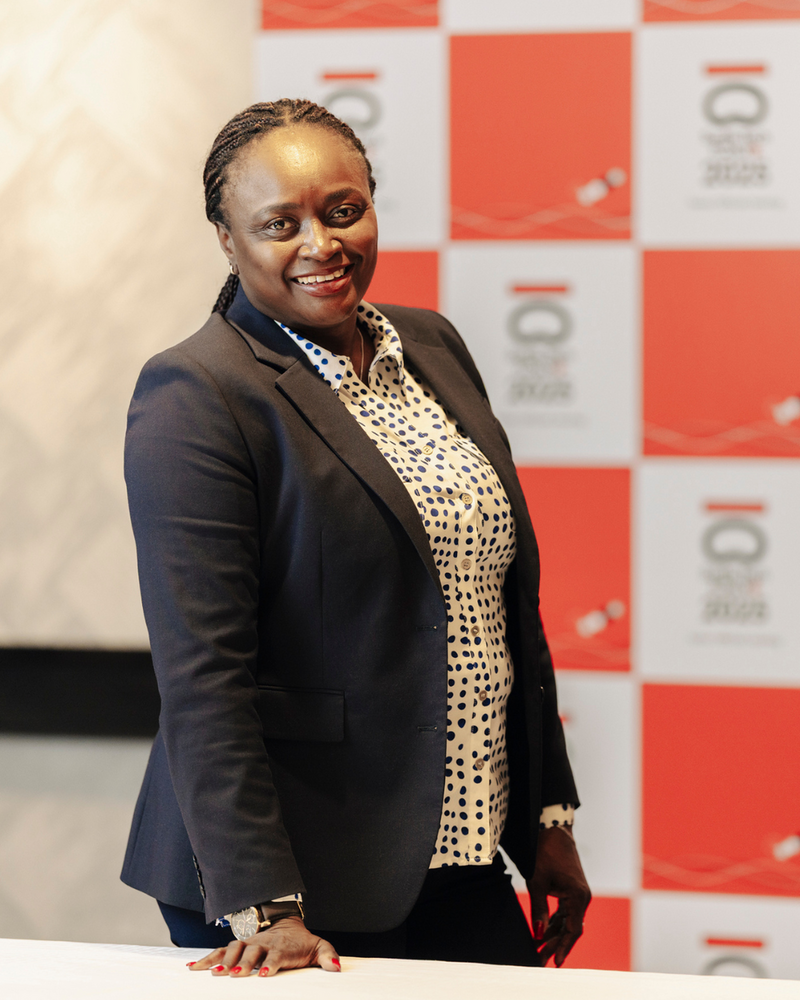
Beryl Awuor Okundi
Director, Public Communication, Nairobi City County
She has previously worked for Jubilee Insurance; Gina Din Corporate Communications; Bertolli & Associates; MNET East Africa; Rhino Ark Charitable Trust; and East African Standard. Her advocacy for women, girls, and children includes roles on the boards of African Women Human Rights Network (AfWHRiN) and Inua Kike. She has held her current position since 2014.
